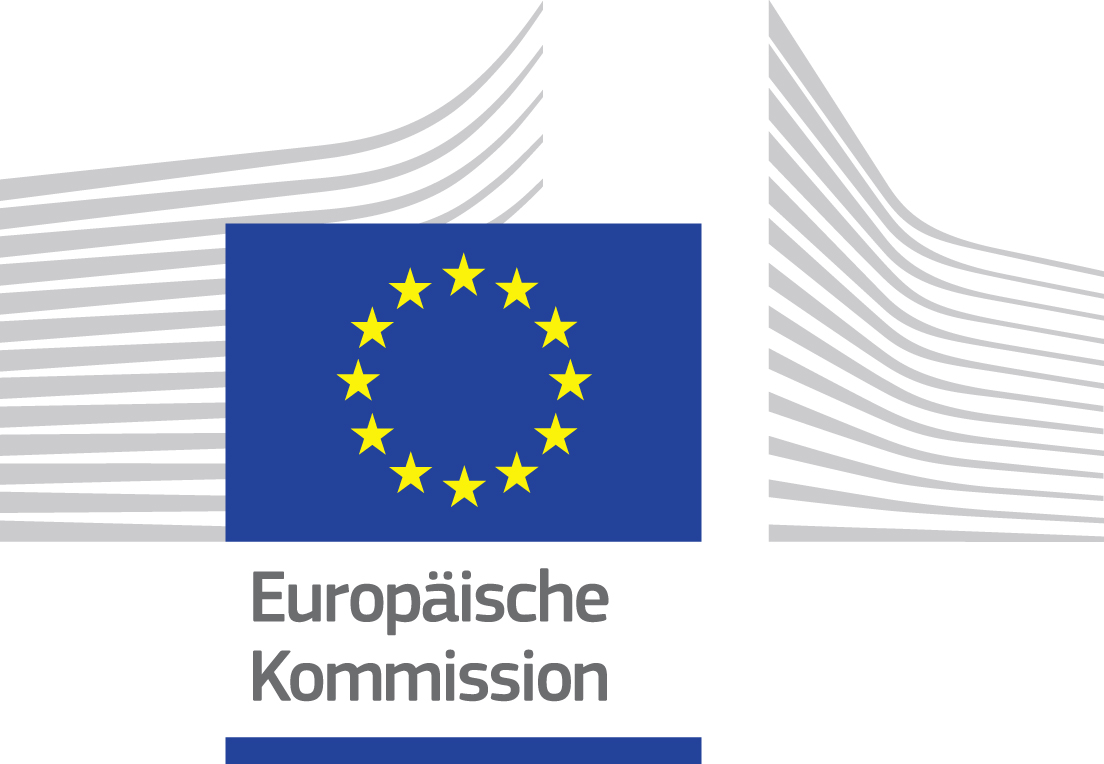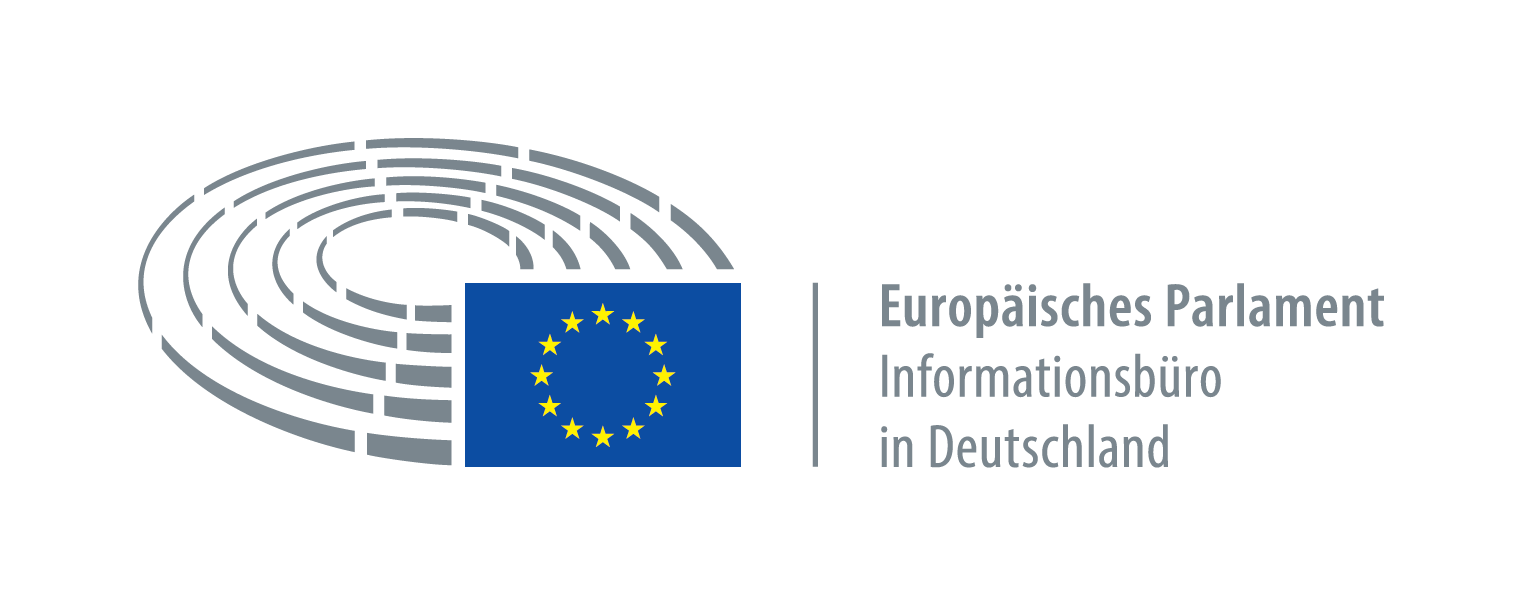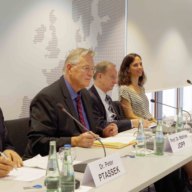IEP Panel Discussion on: „The Impact of the British Referendum on the European Union“

Dr. Peter Ptassek, Director for Community Policies and Strategic Coordination at the Federal Foreign Office, and Prof. Iain Begg from the European Institute at London School of Economics and Political Science (LSE) introduced the topic „The Impact of the British Referendum on the European Union” on July 12th, 2016 at the Representation of the European Commission in Berlin. Dr. Funda Tekin from the Centre international de formation européenne (CIFE) gave a comment and introduction to the debate. Bernhard Schnittger, Deputy Head of the Representation of the European Commission in Germany, held a short welcome speech. Prof. Dr. Mathias Jopp, Director of the Institut für Europäische Politik, moderated the event.
In the beginning Ptassek voiced the expectation that Great Britain should trigger the formal retirement process according to Art 50 TEU as soon as possible. This would constitute the base for any further GB-EU-negotiations in the future. He opined that the positive aspect of the current situation is that the EU returned to the centre of public debate after a long time and the importance of the advantages of the European Union are getting back into common awareness.
As Begg explained, nobody in Great Britain expected this result of the referendum. Cameron failed to convey a strong argument against Eurosceptic forces, especially in his own party. The Pro-Brexit team seized the moment to promote their own aims. Nevertheless, even the Leave camp was surprised about the “victory”, since they had no strategy how to implement the Brexit. He summarized that the referendum produced a “lose-lose-situation”, which has negative economical and political effects for Great Britain as well as for the EU.
Tekin commented on the presentations by outlining chances and risks emerging from the referendum. She mentioned that Europe has been in a state of crisis for years and emphasized the importance of differentiated integration as crisis management tool. This approach, she postulated, would be essential to keep the EU capable of acting and to counteract centrifugal forces.
In the following discussion, questions from the audience addressed the topic of the “domino-effect” and the possibility that other EU-member states like Hungary or the Netherlands or even France would follow the British example. The panel had the common opinion that this possibility exists but its likelihood is very low. Further questions inquired about the Scottish perspective and the British foreign and security policy in the future. Begg responded that a Scottish separation is very unlikely due to economical and fiscal reasons.
By Paul Freilinger










